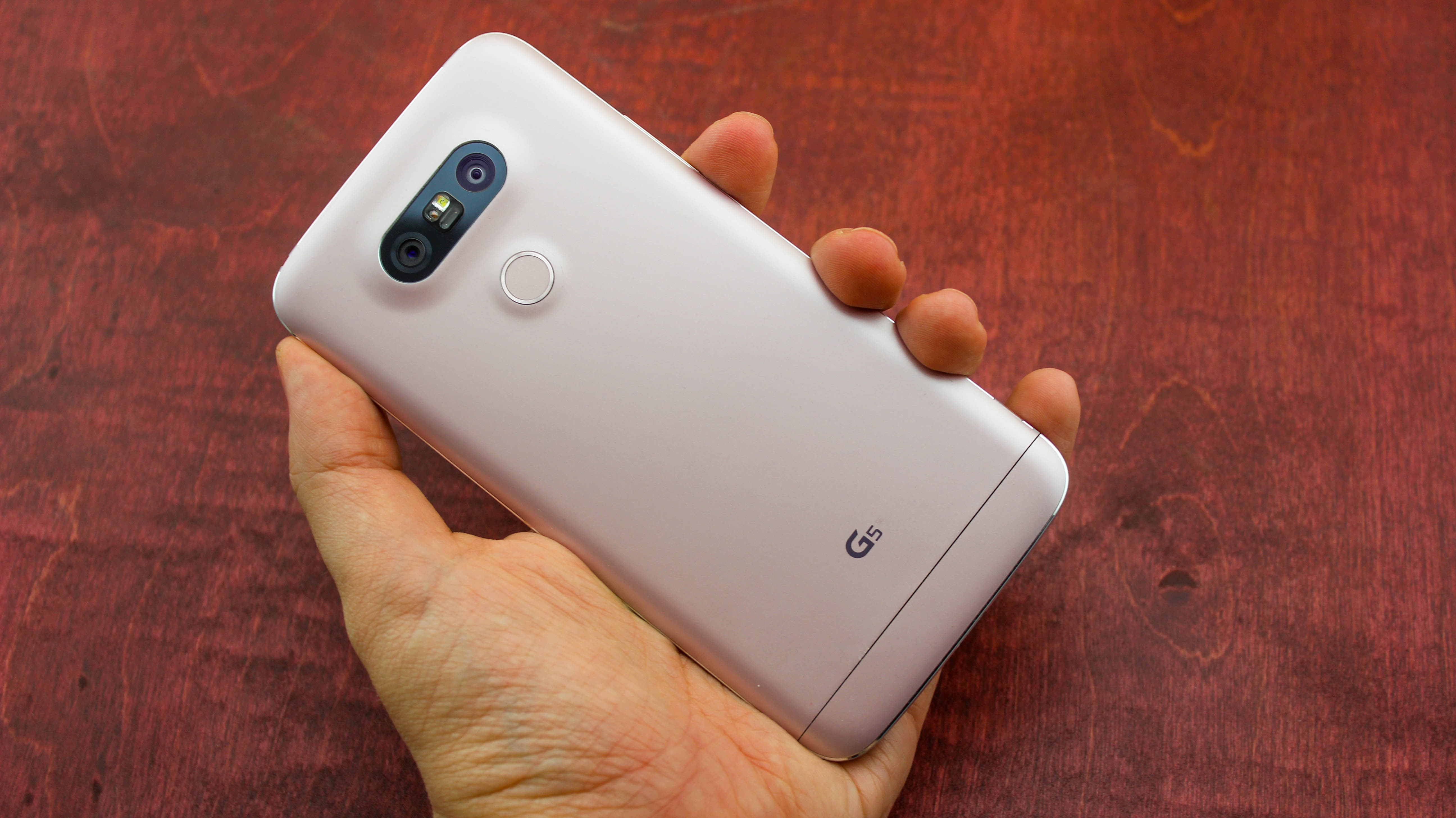The LG G6 is coming soon... but it probably won’t be modular
Getting the basics right this time?

Support for modules was arguably one of the most interesting things about the LG G5, but don’t expect to see them on the LG G6, as the company has confirmed that it’s moving away from a modular design.
The revelation was made by LG’s Chief Technologist Skott Ahn, in an interview with the Wall Street Journal.
It’s a decision that was made following weak sales of the G5, and struggling to convince buyers to also invest in modules.
(That said, we can’t help but think that the lack of available modules, especially relative to what Motorola’s doing with the Moto Z, probably didn’t help.)
Still, the interview revealed more positive things too, including the fact that LG is remaining committed to smartphones, and that the LG G6 is launching “in the very near future”.
That could well mean an announcement at MWC 2017 in late February, but apparently the company is still considering a couple of dates.
Back to basics
Whenever it does arrive it will be more focused on 'aesthetics and usability' than the G5 was - this is precisely the move that Samsung made with the Galaxy S6, ditching the specs to create a much more beautiful phone to reboot sales.
Get daily insight, inspiration and deals in your inbox
Sign up for breaking news, reviews, opinion, top tech deals, and more.
The company also confirmed that the LG G6 will initially launch in North America, Europe, South Korea and China, and that it will likely have a similar price tag to the G5, probably coming in at $500-$600 (around £400-£490/AU$685-AU$820).
We don’t know much else about what to expect from the LG G6, but rumors point to either a tempered glass back or a highly reflective metallic rear, which in either case sounds like it could be a move towards that aesthetic focus LG’s now promised.
- The Samsung Galaxy S8 is also expected soon.
James is a freelance phones, tablets and wearables writer and sub-editor at TechRadar. He has a love for everything ‘smart’, from watches to lights, and can often be found arguing with AI assistants or drowning in the latest apps. James also contributes to 3G.co.uk, 4G.co.uk and 5G.co.uk and has written for T3, Digital Camera World, Clarity Media and others, with work on the web, in print and on TV.